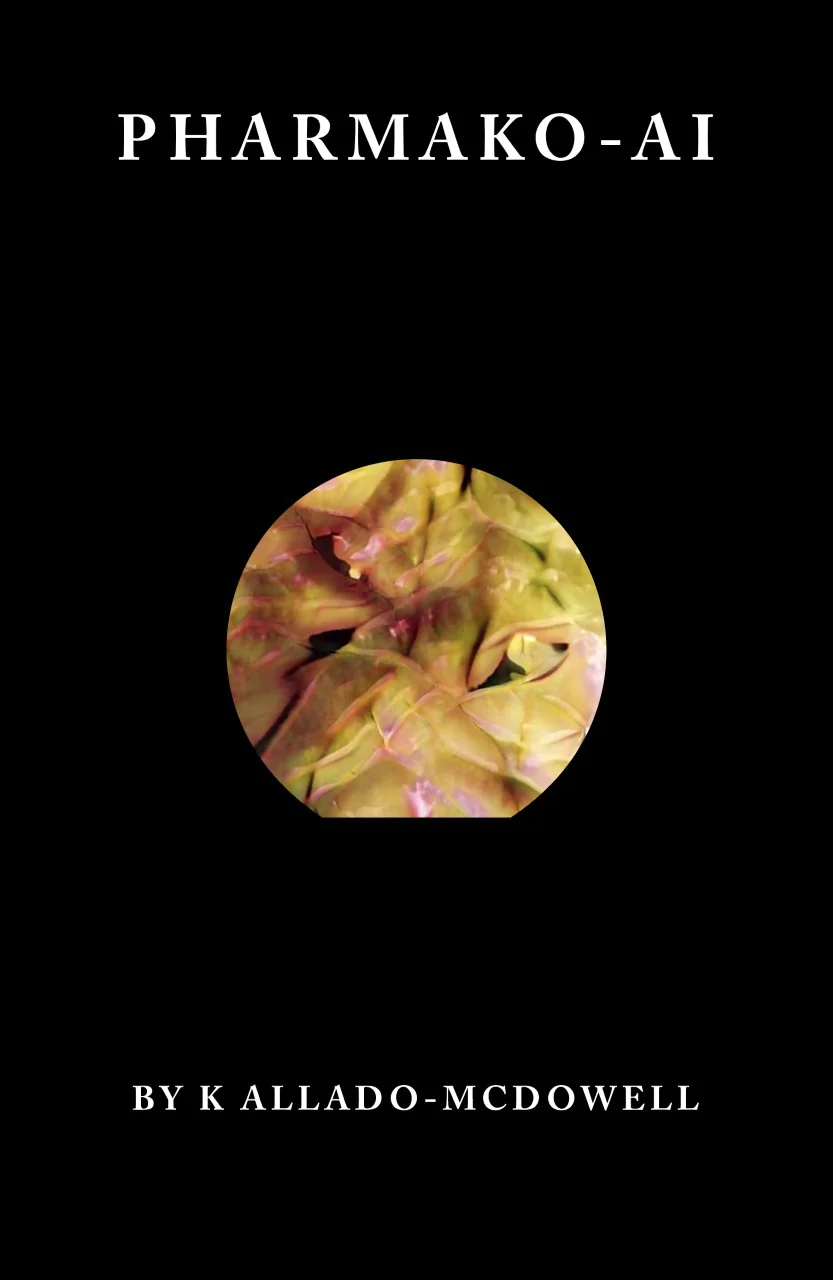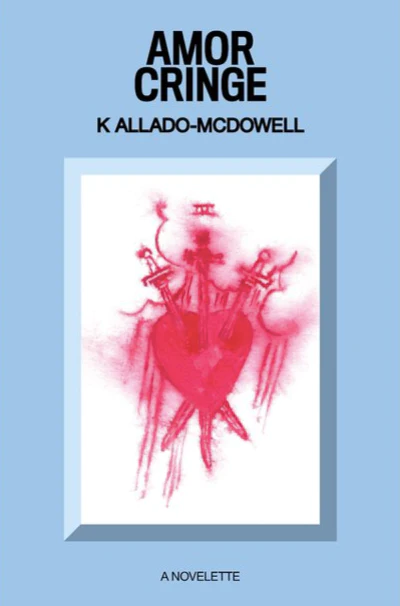Dark Botany: The Herbarium Tales, edited by Prudence Gibson, Sigi Jottkandt, Marie Sierra and Anna Westbrook
 Wednesday, June 12, 2024 at 7:42AM
Wednesday, June 12, 2024 at 7:42AM Available open access and in print: http://www.openhumanitiespress.org/books/titles/dark-botany/
Dark Botany activates the material and sensorial wonder of plants—their energy, their mysterious allure, their capacities and skills, their independent might. In this Wunderkammer of critical plant studies essays and plant+artworks, the herbarium emerges as a site of multiple materialities and reflexive forms of counter-narrative. Herbaria specimens come alive as assemblages, telling truths about their dark histories and darker contemporary currents, while reflecting on the complexity of texture, movement, memory, compound structure, chemical emissions and rapid evolution of plants and languages. What one discovers is that herbaria are not static: they are as vital, energetic and enigmatic as the plants in their collections—and as diverse.
With contributions by Giovanni Aloi, Matthew Beach, Tamryn Bennett, Edward Colless, Prudence Gibson, Ryan Gordon, Lisa Gorton, Sigi Jöttkandt, Nick Koenig, Verena Kuni, Anna M. Lawrence, Vanessa Lemm, Rebecca Mayo, Aunty Deirdre Martin, Arina Melkozernova, Elaine Miller, Jacob Morris, Anna Perdibon, Anna Madeleine Raupach, Georgina Reid, Heather Rogers, Betty Russ, Erica Seccombe, Marie Sierra, Christina Stadlbauer, Anna-Sophie Springer, Bart Vandeput, Juliann Vitullo, Anna Westbrook and Maya Martin-Westheimer.
Dark Botany: The Herbarium Tales is an OHP Labs Seedbook:
http://www.openhumanitiespress.org/labs/seedbooks/
It is also part of The Herbarium Tales.
---
The Herbarium Tales
This is a plant studies Australian Research Council Linkage project 2020-23. It is a collaboration between University of NSW, Bundanon Trust and the Sydney Botanic Gardens Herbarium. The interdisciplinary team includes Prudence Gibson UNSW, Sigi Jottkandt UNSW and Open Humanities Press, Sophie O’Brien Bundanon Trust, Marie Sierra Melbourne University and Brett Summerell Royal Botanic Gardens, Sydney.
The project outputs will include three films, two major outdoor artworks, a living book, a city forest, a monograph called The Herbarium and Me and this network of people and plants. Our team is dedicated to redefining the ways plants are understood and valued, and also to deepening recognition and understanding of the ways plants are important actors in political, economic and social relations.
We hope to celebrate and interrogate the agency, in/inter-dependence, and performing subjectivities of plants; we also hope to develop critical understandings of plants as performing actors in bio/phyto-political relations. Lead CI of this project, Prudence Gibson, has written a book entitled The Plant Contract (Brill 2018), which charts a new deal for the vegetal world that centres on an aesthetic of care, via a promise between one person and one plant to take care. This project aims to enact such a philosophy.
 Gary Hall | Comments Off |
Gary Hall | Comments Off | 











